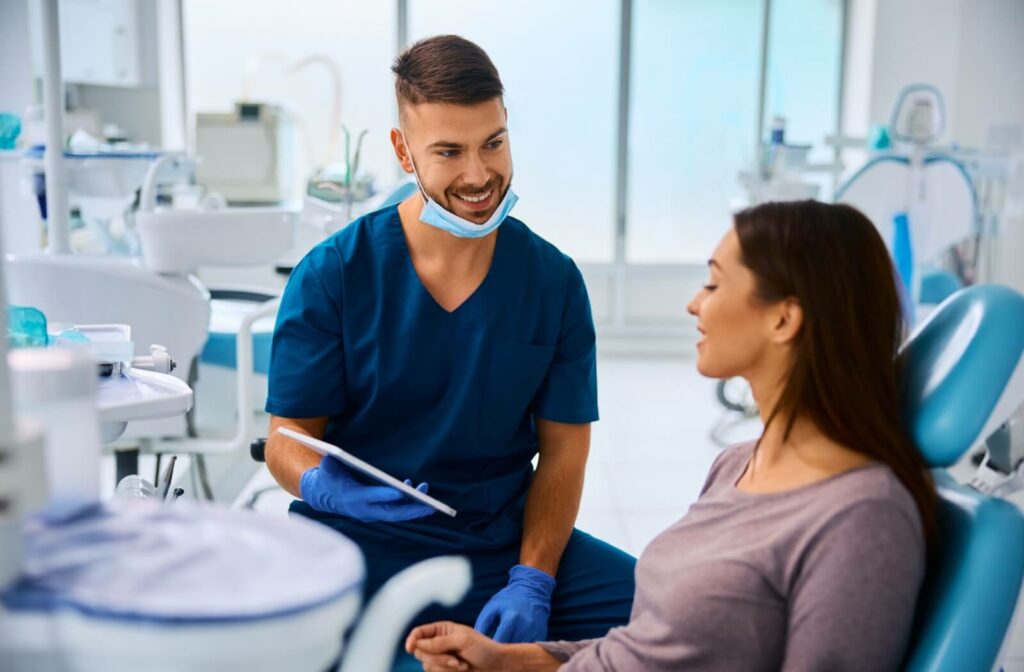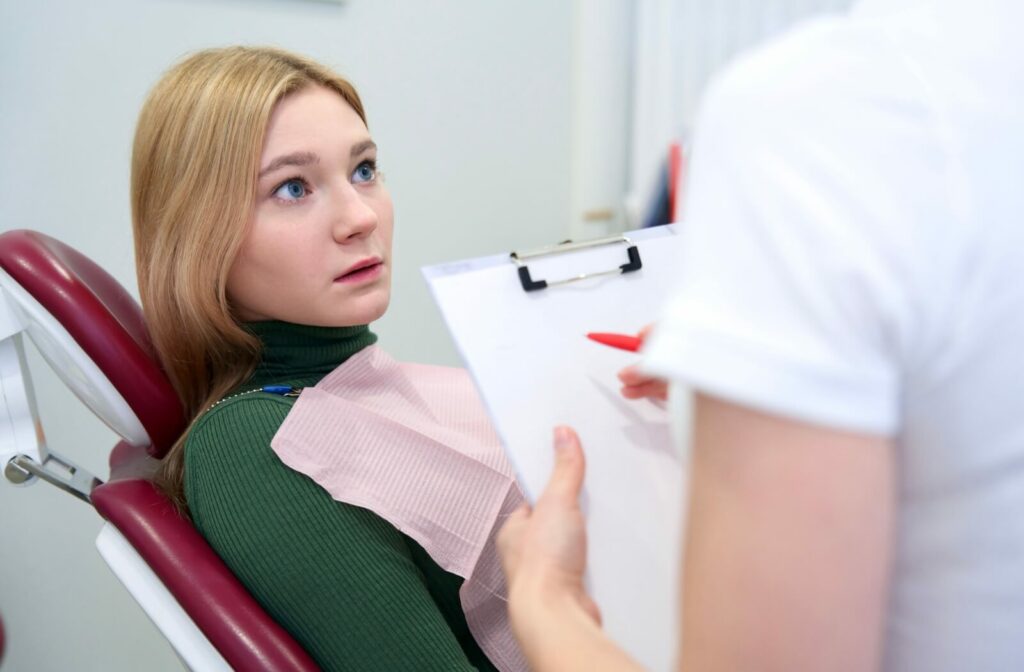Getting your teeth professionally cleaned is one of the best ways to maintain oral health. However, many people wonder how soon they can eat after their appointment. The answer depends on the type of cleaning, your dentist’s recommendations, and what you plan to eat.
In general, you can eat soft foods immediately after a teeth cleaning, but you should avoid certain foods for a few hours to ensure the best results. A full dental exam at Shin Dentistry includes professional cleaning–and is recommended every six months.
Why Teeth Cleaning Is Important
Professional teeth cleaning removes plaque and tartar buildup that regular brushing and flossing might miss. This not only helps keep your teeth white but also prevents cavities, gum disease, and other oral health issues.
Regular cleanings are a crucial part of maintaining good oral health for life. At Shin Dentistry, we provide comprehensive cleaning services to help you achieve a healthy smile. When it comes to teeth cleaning, your dentist may recommend a few tips for care before the appointment, in addition to understanding aftercare tips.
Can You Eat Immediately After Teeth Cleaning?
The short answer is yes, you can eat after a standard teeth cleaning. However, it’s wise to be mindful of what you consume. Here are a few factors to consider:
Type of Cleaning
- Standard Cleaning: This is a routine cleaning to remove plaque and tartar from the teeth’s surface. You can typically eat right away but should stick to soft foods.
- Deep Cleaning (Scaling and Root Planing): If you’ve had a deep cleaning, your gums may feel tender. Eating soft foods and avoiding extreme temperatures for 24 hours is recommended.
Fluoride Treatment
If you received a fluoride treatment during your cleaning, your dentist may advise waiting at least 30 minutes before eating or drinking. Fluoride needs time to set and form a protective barrier on your teeth. Eating too soon can wash away its benefits.
Foods to Eat After Teeth Cleaning
Your teeth and gums may feel a bit sensitive following a cleaning, especially if tartar buildup was significant. Soft, bland foods are your best bet. Here are some safe options:
- Yogurt
- Scrambled eggs
- Mashed potatoes
- Smoothies (avoid citrus-based options)
- Soup (lukewarm, not hot)
- Soft fruits like bananas
By restricting yourself to this list of soft foods, you can help your teeth and gums feel better while protecting your smile after a teeth cleaning.
Foods to Avoid After Teeth Cleaning
To protect your teeth and gums and ensure optimal results, avoid the following for a few hours:
- Hard or crunchy foods: Foods like chips, nuts, and raw vegetables can irritate your gums or dislodge any plaque your hygienist worked hard to remove.
- Sticky or sugary foods: Caramel, gummy candies, and other sticky or sugary treats can cling to your teeth and contribute to plaque buildup.
- Acidic foods and beverages: Citrus fruits, tomatoes, and carbonated drinks can weaken your enamel, especially after cleaning when your teeth might be more sensitive.
- Hot or cold foods: If your gums are tender, extreme temperatures can cause discomfort. Stick to lukewarm foods and beverages for the first 24 hours after a deep cleaning.

Tips for Optimal Recovery After Teeth Cleaning
To get the most out of your cleaning, follow these tips:
- Brush gently: Use a soft-bristled toothbrush and avoid aggressive brushing to prevent gum irritation.
- Floss carefully: Your gums may be sensitive, so floss gently to avoid discomfort.
- Stay hydrated: Drinking water helps rinse away food particles and keeps your mouth hydrated. According to the Canadian Dental Association, staying hydrated is essential for maintaining healthy saliva levels, which naturally protect your teeth.
- Avoid smoking: Tobacco can delay healing and stain your freshly cleaned teeth. For advice on quitting smoking, consult your dentist at Shin Dentistry.
Why Do Teeth Feel Sensitive After Cleaning?
It’s common to experience mild sensitivity after a cleaning, especially if you had tartar buildup or your gums were inflamed. This sensitivity is usually temporary and should subside within a day or two. If the discomfort persists, consult your dentist to ensure there are no underlying issues.
How Often Should You Get Your Teeth Cleaned?
The Canadian Dental Association recommends visiting your dentist for a cleaning every six months. However, some individuals with specific dental conditions may need more frequent visits. Regular cleanings at Shin Dentistry help prevent gum disease, cavities, and other issues, ensuring a healthier smile.
The Role of Professional Cleanings in Overall Health
Professional teeth cleanings do more than just keep your smile bright. They play a significant role in your overall health. Studies have shown a link between oral health and systemic health conditions like heart disease and diabetes. Keeping up with regular cleanings can reduce inflammation in your gums and lower your risk of related health issues.
Your Dazzling Smile Starts Here
How long after teeth cleaning you can eat depends on the type of cleaning and any additional treatments you received. While you can often eat soft foods right away, it’s best to avoid hard, sticky, or acidic foods for a few hours to protect your freshly cleaned teeth.
Regular cleanings are essential for maintaining a healthy smile, and following these guidelines will help you maximize the benefits of your dental visit. At Shin Dentistry, we prioritize your oral health and comfort.
Schedule your next cleaning at Shin Dentistry now. We can’t wait to see your smile shine!



